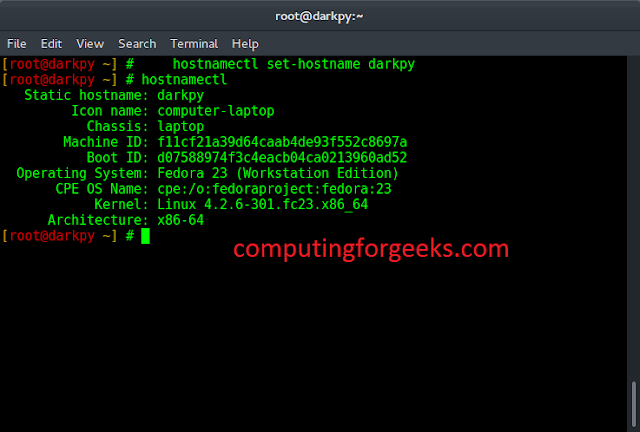The iterator_to_array() function is an inbuilt function in PHP that is used to copy the iterator object (e.g. objects implementing the Iterator or IteratorAggregate interface) into an array. An iterator is an object that allows you to loop through a set of values one at a time without knowing the underlying data structure.
Syntax:
array iterator_to_array(
Traversable | array $iterator,
bool $preserve_keys = true
)
Parameters: This function accepts two parameters that are described below.
- $iterator: This is the iterator that you want to copy into an array.
- $preserve_keys: This is an optional parameter. It specifies whether to use iterators keys as arrays keys. By default this value is true. meaning the array will preserve the original keys from the iterator. If set to
false, the array will be reindexed with numeric keys starting from 0.
Return Values: The iterator_to_array() function returns the array with all containing values of iterator.
Program 1: The following program demonstrates the iterator_to_array() function.
PHP
<?php class SimpleIterator implements Iterator { private $position = 0; private $data = array('apple', 'banana', 'cherry', 'date'); public function rewind() { $this->position = 0; } public function current() { return $this->data[$this->position]; } public function key() { return $this->position; } public function next() { ++$this->position; } public function valid() { return isset($this->data[$this->position]); } } $iterator = new SimpleIterator(); $array = iterator_to_array($iterator); print_r($array); ?> |
Array
(
[0] => apple
[1] => banana
[2] => cherry
[3] => date
)
Program 2: The following program demonstrates the iterator_to_array() function.
PHP
<?php // Create an Array $data = [100, 200, 300, 400]; // Create an ArrayIterator with array data $iterator = new ArrayIterator($data); // Convert the iterator to an array // without preserving keys $array = iterator_to_array($iterator, false); // Print the resulting array print_r($array); ?> |
Output
Array
(
[0] => 100
[1] => 200
[2] => 300
[3] => 400
)
Reference: https://www.php.net/manual/en/function.iterator-to-array.php




